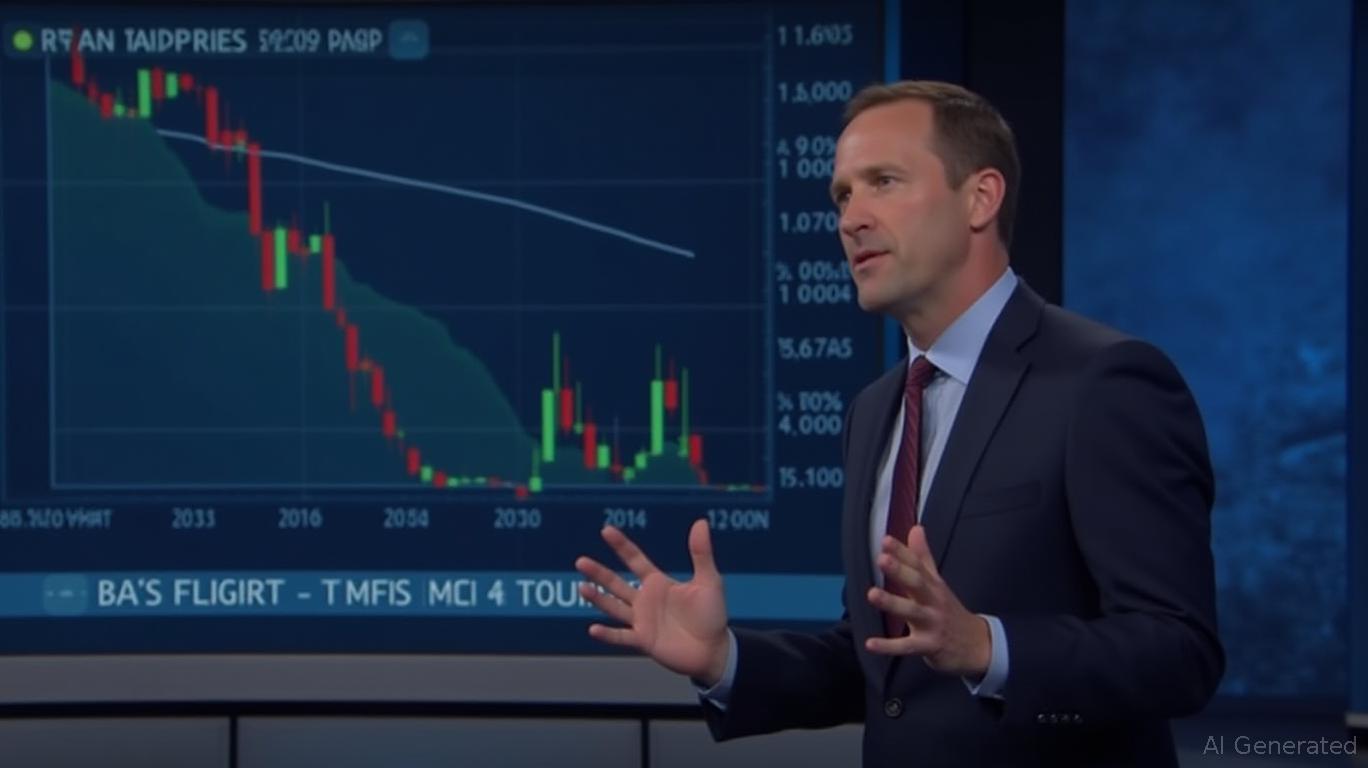Nootropics Industry Thrives Amidst Moral Debates and High Price Challenges
- U.S. nootropics market to grow at 8.9% CAGR through 2033, reaching $5.75B as aging populations and e-commerce drive demand for cognitive-enhancing supplements. - Innovators like NeuroGum and Matador Energy launch targeted products (e.g., caffeine-L-theanine blends, Alpha GPC shots) to address productivity needs while avoiding stimulant side effects. - Ethical concerns over synthetic nootropic misuse and high costs limit accessibility, though R&D partnerships with neuroscientists boost credibility for ing
The U.S. nootropics sector is set for robust expansion, propelled by increasing public interest in brain health and ongoing improvements in product development. As stated in a
Major companies like Qualia Life Sciences, NeuroGum, and Matador Energy are introducing new products to satisfy consumer needs. For example, NeuroGum’s Neuro Mints, released in May 2024, feature a combination of caffeine and L-theanine to enhance focus without the typical side effects of stimulants. Likewise, Matador Energy’s functional energy shots, now available nationwide through Circle K, blend 185 mg of natural caffeine with Alpha GPC to appeal to those seeking productivity boosts. These product launches illustrate a wider movement toward innovative formulations designed for health-minded individuals.

Nevertheless, the industry faces ongoing obstacles. Ethical debates regarding the misuse of synthetic nootropics—especially among students and working professionals—continue to hinder broader acceptance. Moreover, the high cost of premium, scientifically validated products restricts access for lower-income groups. Despite these challenges, the sector’s growth is supported by increased investment in research and development. Companies are working with neuroscientists to substantiate the benefits of ingredients like ashwagandha and bacopa, which helps build trust as regulatory oversight intensifies, according to the report.
The report further points out that states such as California, Texas, and New York are at the forefront of adoption. Online sales channels play a pivotal role in distribution, allowing brands to connect with customers across the country. Additionally, new offerings like Monteloeder’s MINDREVIVE—a plant-based formula featuring sage and Japanese pagoda tree extracts—highlight the industry’s emphasis on natural, clinically proven products.
Disclaimer: The content of this article solely reflects the author's opinion and does not represent the platform in any capacity. This article is not intended to serve as a reference for making investment decisions.
You may also like
ZEC rallies 12% as bullish momentum continues; Check forecast

Regulatory transparency drives a boom in crypto ETFs, with major players such as T. Rowe Price joining the market
- Canary Capital launches first U.S. ETFs for Litecoin and HBAR on Nasdaq, enabled by SEC's post-shutdown regulatory clarity streamlining crypto fund approvals. - T. Rowe Price files active crypto ETF targeting 5-15 assets including Bitcoin, while Fidelity and Osprey expand offerings, signaling institutional adoption acceleration. - Over 155 crypto ETFs await approval as eased regulations and growing demand drive market maturation, with analysts predicting over 200 listings in the next year.
Privacy, Reimagined
Bitcoin News Update: The Appeal of Bitcoin Compared to Liquidity Concerns: S&P Removes Strategy from Index
- S&P Global downgraded Strategy Inc. to junk status, removing it from the S&P 500 due to heavy crypto exposure and liquidity risks. - The company holds 640,808 BTC ($74B) but faces $15B in convertible debt, risking asset liquidation if Bitcoin prices drop. - CEO Michael Saylor remains bullish, aiming for a $2T Bitcoin portfolio by 2040 despite market volatility and mixed crypto treasury results. - JPMorgan and others are adapting to crypto, allowing digital assets as loan collateral, signaling growing ins
